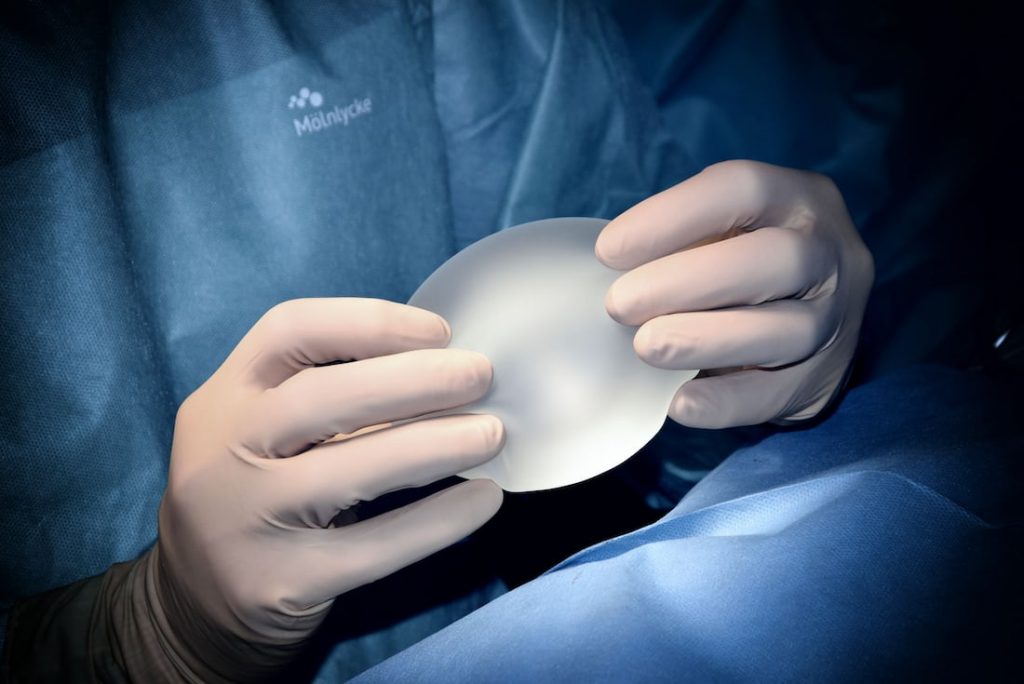The bothersome desire for beauty amongst people is an incessant one and both sexes are striving to modify, augment or change how they look, all in a bid to get that seemingly elusive ‘perfect look’— perhaps for their own self realization, gratification and fulfillment or that of their partners, significant others or potential admirers so to speak. They might resort to extreme measures to attain this objective, and not the regular hard knock physical workouts and exercises, no, those are strenuous and results manifest overtime. They need fast results in such a short time to be able to gracefully and egotistically flaunt their “new body”.
Admittedly and ostensibly, this interminable quest to enhance the body, is particularly predominant amongst the female folk. It is quite appalling that society has created this faux hyperbolic expectations of all round beauty for the females, thereby superimposing on them, the responsibility to achieve and maintain that for a long period of time. There are constructs and unfair definitions as to what is the socially acceptable definition of “attractive” and who fits in that bracket, and who does not. For those who don’t, there is the frequent stigma, shame and accompanied slander (in the worse case scenario) bestowed on them. For those who do, social priority, respect, reverence and admiration. The scales have been tilted to an imbalance. The people who feel they do not qualify to the socially acceptable definition of “attractive” strive effortlessly to fit in that bracket— for that societal acceptance. They might consult extreme measures to do so, body enhancement surgeries— which undoubtedly have a worrying degree of threat and risk to life. The risk is not even commensurate to the exorbitant amounts of money involved. In the long run, these procedures are not exactly cost effective.
As stated earlier, females engage more in these, because as a section of society, they are the ones who suffer more of that social stigma and the responsibility to maintain a certain facade of beauty standard is hyper concentrated to them. It is quite a dicey situation for them. Most particularly, for individuals already dealing with the issue of exceedingly low levels of self esteem. They are more vulnerable and most likely have the propensity to engage in these body augmentation surgeries.
That look that the society, social media, television and print media tell us is the perfect look, is probably what most people are striving to attain and most Nigerians are now ready to go hungry, or worse still, starve, in order to achieve this phantom picture. Worse still, are the ones who seek for cheaper alternatives do these procedures locally— in the hands of nefarious individuals and not even in a hospital with a doctor. Forgetting that those kind of changes and its side effects to the human anatomy are practically irreversible and you are stuck with scars, injuries and regret for the rest of your lifetime. The drugs or extra stuff taken to reduce the pain or heal any collateral damage wounds are as distressing as the very surgery itself.
The most frequent major complications that can lead to death in a patient undergoing liposuction is pulmonary thromboembolism, which represents more than 23% of deaths. Worrisome figures to consider before going into such a dangerous venture.
However, listed subsequently are some possible panaceas to suppress this ill phenomenon.
POSSIBLE PANACEAS
INCREASE IN BODY POSITIVITY
Body positivity should be increased and encouraged by individuals and their loved ones. Individuals should learn to recognize their worth and be happy with and in their own bodies, for themselves and themselves alone. Not in a bid to impress anyone. Only then can true happiness be manifested in their respective lives. This is an upbringing factor inherent in homes and schools. Children should be taught this in both domestic and learning institutions.
Everyone has a right to feel comfortable and confident in their own skin and we can take small actions in our daily lives to help foster a more accepting environment. It really is the little things. It is a gradual process in building one’s self esteem especially when they have lived with the societal stigma of not being “attractive” or “good looking” for a while, or when they were naturally born shy with social anxieties; this naturally births low self esteem issues. We should be more intentional and sensitive to people around us and not carelessly make measly remarks on how they look— facially and bodily. We should understand that people are already aware of how they look and they might be making conscious genuine efforts to change that for their own self realization and happiness, we do not always have to tell them or remind them in this respect.
SENSITIZATION ON RISK AND DANGERS INVOLVED
The public should be heavily sensitized on the risk and dangers involved in these kind of surgeries. This should be done via public health and medical institutions. Credible entities like this passing such information would spur interests and make people take them more seriously. When facts and figures are released showing the detriment of this act, it would definitely discourage people from engaging in it.
NOMENCLATURE REPLACEMENT
It is highly encouraged that adjectives which have recognized as derogatory should be replaced with euphemistic ones that convey the same message. For example, the word fat has been replaced to “plus-size” in usage. Now “plus-size” is less offensive and still serves the same adjectival purpose. More words like this should be encouraged in social stratosphere. It is quite commendable that most fashion houses and modeling agencies are being inclusive of this new phenomenon and tagging it to their models and type wears— for both genders. An intentional and sensitive effort to encourage people to be comfortable and contented with how they look like. Frequent compliments too would do the job, reminding them of how beautiful they look. This would most likely curb the need to indulge in body enhancement surgeries. This also applies to disabled people. Words like “autistic” have been substituted for “retarded” or “imbecilic”. All in a bid to sensitize the world on the importance of mental health.
SELF LOVE, EXERCISES & HEALTHY EATING/LIVING
People should gradually and be politely encouraged, in the most well mannered fashion, to learn to be enough for themselves and not for others. Spending astronomical amounts of money to undergo a life threatening surgery for a better body is not the way to go. Exercise and workouts are highly recommended. Focusing on physical activity and healthy eating for the benefits they provide in terms of social connection and overall psychological wellbeing, rather than as a route to building muscle or losing weight, may also be a good approach to building up our body image. The paradigm shift in the preceding mindset is highly imperative.
DISREGARDING MEDIA OPINION
Paying no regard to the hyper realistic yardstick of attractiveness the media has created is also a credible solution. Individuals should channel their minds away from the aforementioned and instead, focus more on the functionality of their bodies, and the positive things that it can do for them in their everyday lives. This has a likelihood of supporting and improving body image, leaving people with more reasons not to resort to body enhancement surgeries.
THERAPY
If body image concerns are causing significant distress, it may be appropriate to seek out further support in the form of psychological therapies. More awareness on mental health should be created and projected. Another commendable feature on social media is blocking of comments, hiding of likes and followers etc. It may also be important to help support young people to be media-critical and not too gullible or easily swayed by the faux charms of social media, as media literacy may be a protective factor for body image in the long run. Some support for cognitive and behavioural interventions are— Acceptance and Commitment Therapy (ACT) and Dialectical Behaviour Therapy (DBT) in improving body image.
COMMUNITY ACTIONS
In order to maximize outcomes and reduce the risk of stigma, public health campaigns in communities should focus on messages of healthy eating and exercise for all adults, regardless of weight, and avoid making weight the integral part of their messaging. However, creating a less shaming culture can also start at a community level with grassroots action to encourage more inclusive and accepting cultural norms around bodily appearance. The concept of diverse bodily ideals is thus created and body enhancement surgeries steadily become obsolete.
CONCLUSION
In concluding, it is heavily submitted that if the aforementioned panaceas are efficiently executed, I strongly believe that body enhancement surgeries would be curbed greatly. We can not keep losing lives to this act. We are all beautiful just the way we are. There is never a need to mess with God’s design. Let us all encourage ourselves to look within and be satisfied with how we look, what we see; happiness we shall find.
REFERENCES
https://www.ncbi.nlm.nih.gov/pmc/articles/PMC5682182/
https://www.mentalhealth.org.uk/publications/body-image-report/protect-body-image
https://link.springer.com/article/10.1007/s12144-019-00282-1
https://www.ncbi.nlm.nih.gov/pmc/articles/PMC3513261/
https://guardian.ng/saturday-magazine/the-unending-search-for-body-enhancement/
https://punchng.com/butt-enhancement-surgery-can-lead-to-death-surgeon-warns/?amp
About the Writer

Gabriel Iloh, a 500 level law student at Enugu State University (ESUT) is a highly innovative, analytical, ambitious and creative individual. He can be reached via gabrielmakuoiloh@gmail.com






